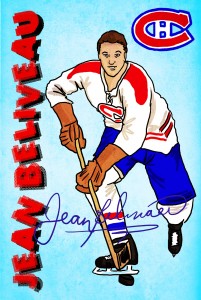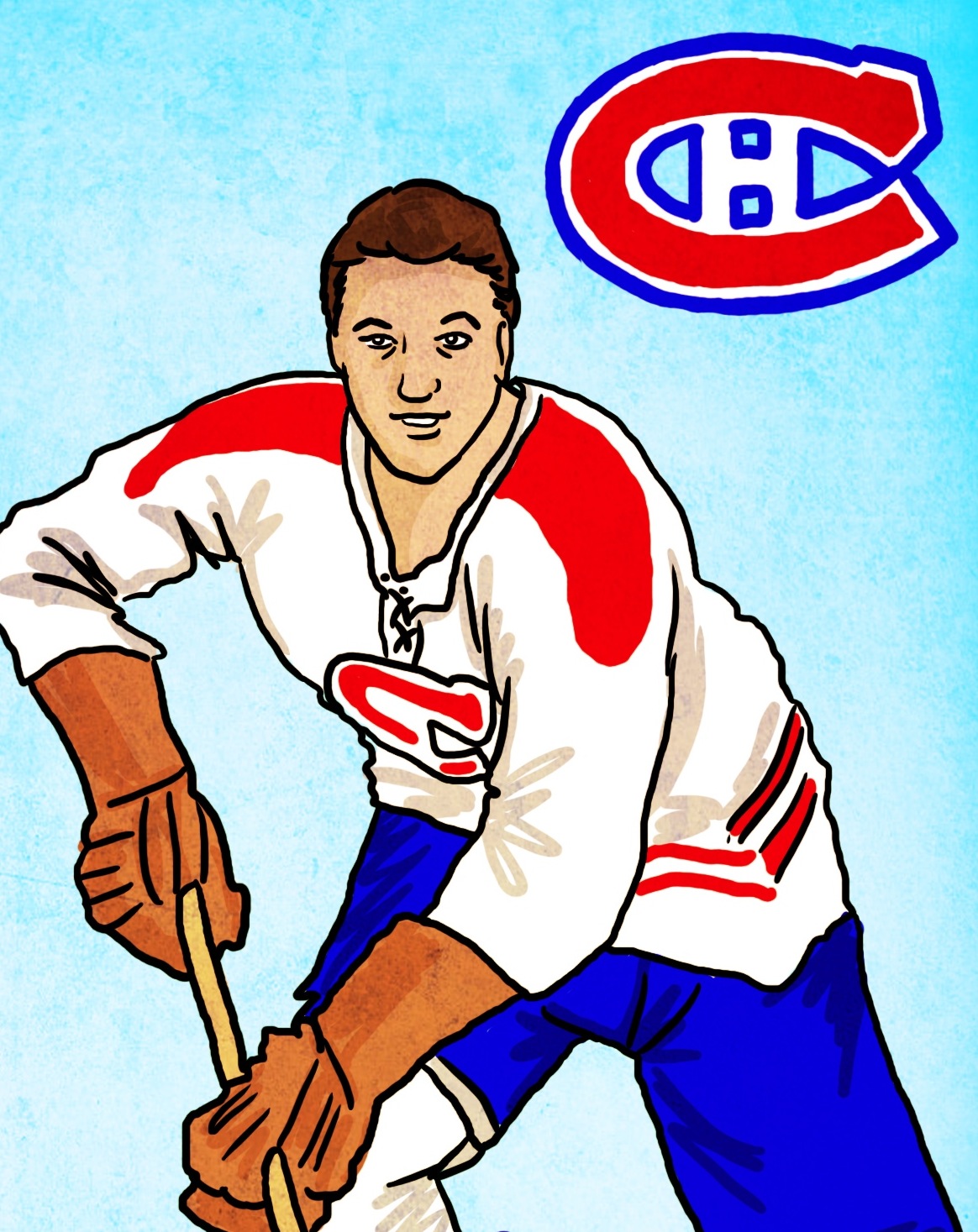
In Stan Fischler’s book Who’s Who in Hockey, he mentions an important goal scored by Jean Béliveau in 1967 with the help of his linemates, Claude Provost and John Ferguson. When the goal was announced and Ferguson was not given an assist on the play, Béliveau immediately complained to the referees and official scorer, asking them to make a correction.
This example of putting his teammates first is one of many which helped solidify Béliveau’s status as one of the best and most admired captains in the history of the game.
During Béliveau’s playing career, which spanned 20 seasons, he won an astonishing 10 Stanley Cups and remains tied with Saku Koivu for longest serving captain in the organization’s history, at 10 years.
Unfortunately, Béliveau’s health is ailing and he suffered a stroke on Feb. 27. He had heart problems in 1996 and was even diagnosed with throat cancer in 2000. Despite his numerous health problems, he has always made himself available to the media, fans and various charitable causes.
Red Fisher of The Gazette, who has been covering the Canadiens since the ‘50s, wrote a heartwarming tribute to Béliveau on Feb. 29. He said Béliveau’s impact off the ice was just as important as on the ice: “[He] was more than a captain: he was a father figure in many ways,” he said. “If there were personal problems that needed attention, he was available.”
Béliveau is most likely the city’s most important ambassador. Although he’s received a fair share of awards and honours, the Tremblay administration needs to make a significant gesture that will guarantee Béliveau’s name will be remembered a very long time beyond his death.
Retiring a player’s number and putting a statue of him in front of the Bell Centre simply isn’t enough. The outpouring of support and admiration for Béliveau, following his stroke, has been phenomenal. Dozens of sports journalists from The Gazette and other outlets have been sharing their personal stories of Béliveau, and they all share a common thread: class.
“He is the single classiest person I have ever known,” said Jack Todd, sports columnist for The Gazette since 1986. “He would never pass by without stopping to shake hands and ask how I was doing. He would always give you a thoughtful and articulate answer to any question.”
Todd even goes as far as saying that Béliveau is the greatest living Quebecer, and perhaps the greatest living Canadian, too. A case can easily be made for both statements, and that’s why the city needs to recognize that now, instead of waiting for Béliveau’s death. Re-naming a street, a building, a day: whatever it takes to let him know that the 60 years he has spent as ambassador to the team and city were truly appreciated.
The trend has been to carry these changes out following a person’s death, but that has to change. Why not show our appreciation now, while he’s still alive? The man who has brought so much joy to so many people, on and off the ice, needs to witness just how meaningful his contributions were.
When Gary Carter died last month, it prompted officials to create a section on the city’s website to take suggestions as to how he should be honoured. The president of the Olympic Park, David Heurtel, told The Gazette that Carter’s memory would be honoured somewhere within the Olympic Stadium complex. The same procedures need to take place now, so that the city and the Canadiens can find a suitable way to preserve Béliveau’s legacy.
Todd van der Heyden, news anchor for CTV News Channel and long-time journalist in Montreal, speaks very highly of his interactions with Béliveau. “He represents a rare and probably dying breed — one part aristocrat, one part athlete ― and together it made him a class act who used his position in Quebec society for a greater good, as opposed to his own personal gain,” he said.
For more than half a century, Béliveau has served as the face of the Montreal Canadiens organization, which, despite its awful season, remains the team with the most tradition in success in professional sports, along with the New York Yankees.
“You know, when people are good, it makes me feel good to give back,” Béliveau would tell people, according to Fisher. “People have always been good to me.”
Now, it’s our time to be good to him.




